The Industrial Council meeting brought interesting practical suggestions
|
The goal of information exchange between academia and industry is also pursued by the Industry Council at the Faculty of Information Technology. The advisory working group meets at least once a year with the participation of nearly two dozen representatives of the faculty's corporate partners. The most recent meeting took place on Thursday, October 30, 2025, shortly before the start of the important Žijeme IT conference at FIT. The opening remarks of the meeting between faculty management and representatives of major IT companies were given by the Vice-Dean for Marketing and External Relations, Vítězslav Bran, who emphasized the importance of such meetings. "Of course, as a faculty of a technical university, we need to know where the practice of information technology is. It is important feedback for teaching and research at the faculty," said Beran, summarizing the role of the event. According to him, the essence of partnership with the faculty lies in preparing students for the job market in the best possible way. This goes hand in hand with foreign internships for students, which should also be supported by the companies themselves. The dean of the faculty, Petr Hanáček, followed up with a presentation of the faculty's strategic goals, highlighting two key projects: the development of supercomputing technologies and the Czech AI Factory consortium, in which experts from FIT play a key role; and a fresh major impetus in the form of quantum informatics and the Quantum Innovation Center association, which can be considered a key project for the future of the Czech Republic in the field of quantum computers and post-quantum cryptography, and whose members also include BUT. Quantum computing, quantum communication, and post-quantum encryption are research areas in which FIT definitely has something to say, thanks to the work of researchers such as Ondřej Lengál. 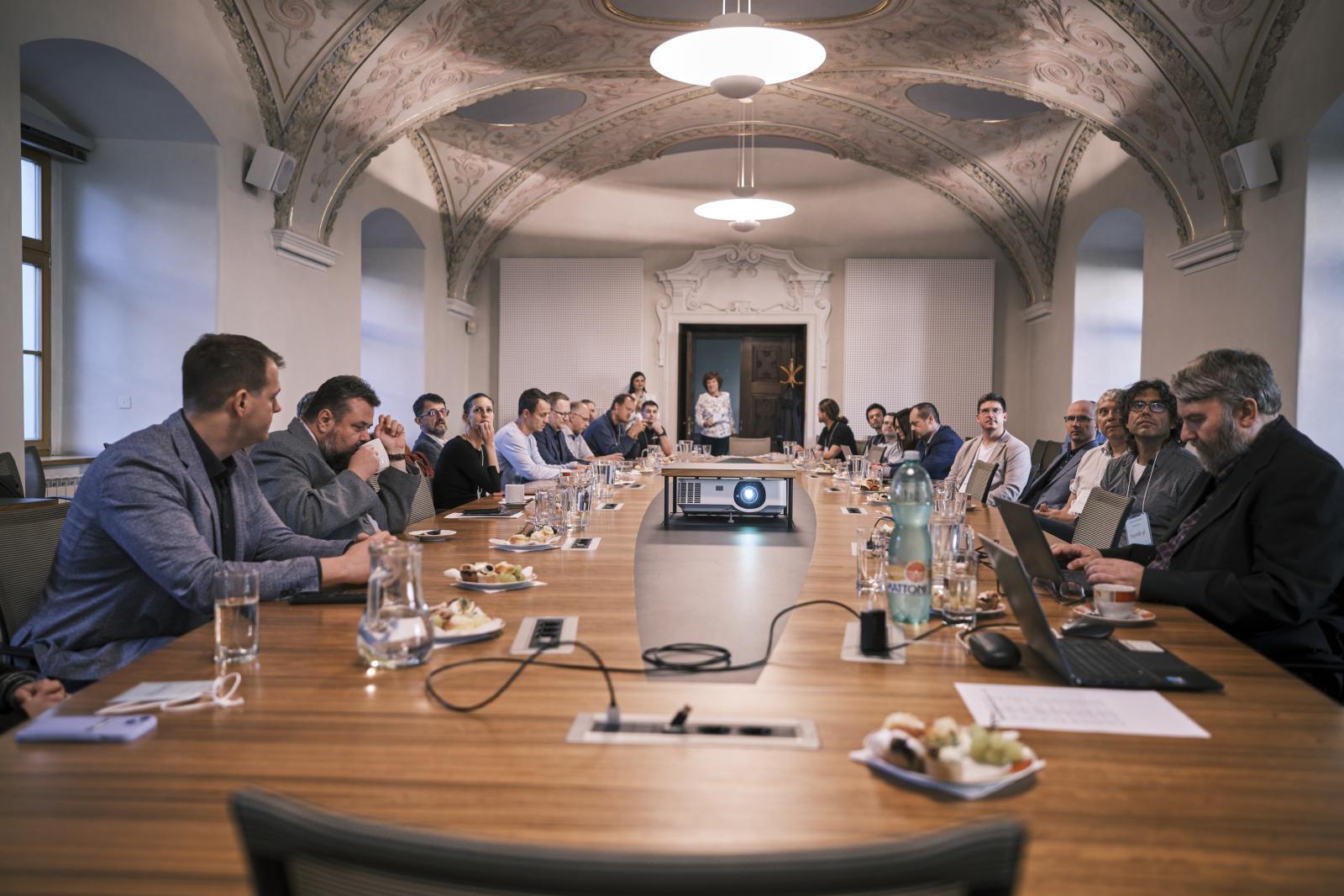
The most significant part of the Industry Council meeting was taken up by a discussion in which representatives of corporate partners took part. Kamila Zahradníčková, CEO of the successful startup Lakmoos, highlighted the support for startups and the transformation of communication with the university environment in general over the last 10 years. She thanked the Faculty of Information Technology for its helpful cooperation and specifically mentioned the high quality of the faculty's graduates, from whom Lakmoos selects candidates for cooperation. Radek Vokál, senior product manager at Red Hat, continued in a similar vein, pointing out the advantage that IT students already know about major employers during their studies and can establish cooperation, for example, on study projects and research topics. More information for industry partners would be welcomed by representatives of this company and others from the faculty's research groups. The quality and professional preparedness of FIT graduates was praised by the CEO of Phonexia, Mrs. Markéta Lőrinczy, who particularly appreciated the close cooperation with faculty "speech therapists" led by Professor Jan Černocký. An interesting debate ensued after a contribution by Vojtěch Filip from Tescan Group, who highlighted semiconductors as an important area of preparation for future graduates. In response, it was noted that, unfortunately, students generally have less interest in hardware, i.e., the fact that "green boards" do not easily arouse the enthusiasm of students. Dean Petr Hanáček emphasized in his response that although universities abroad often do not offer better departments or laboratories, they are able to generate greater interest in hardware topics. Motivating young men and women to take an interest in semiconductors, for example, could be a joint task for faculties and the private sector. 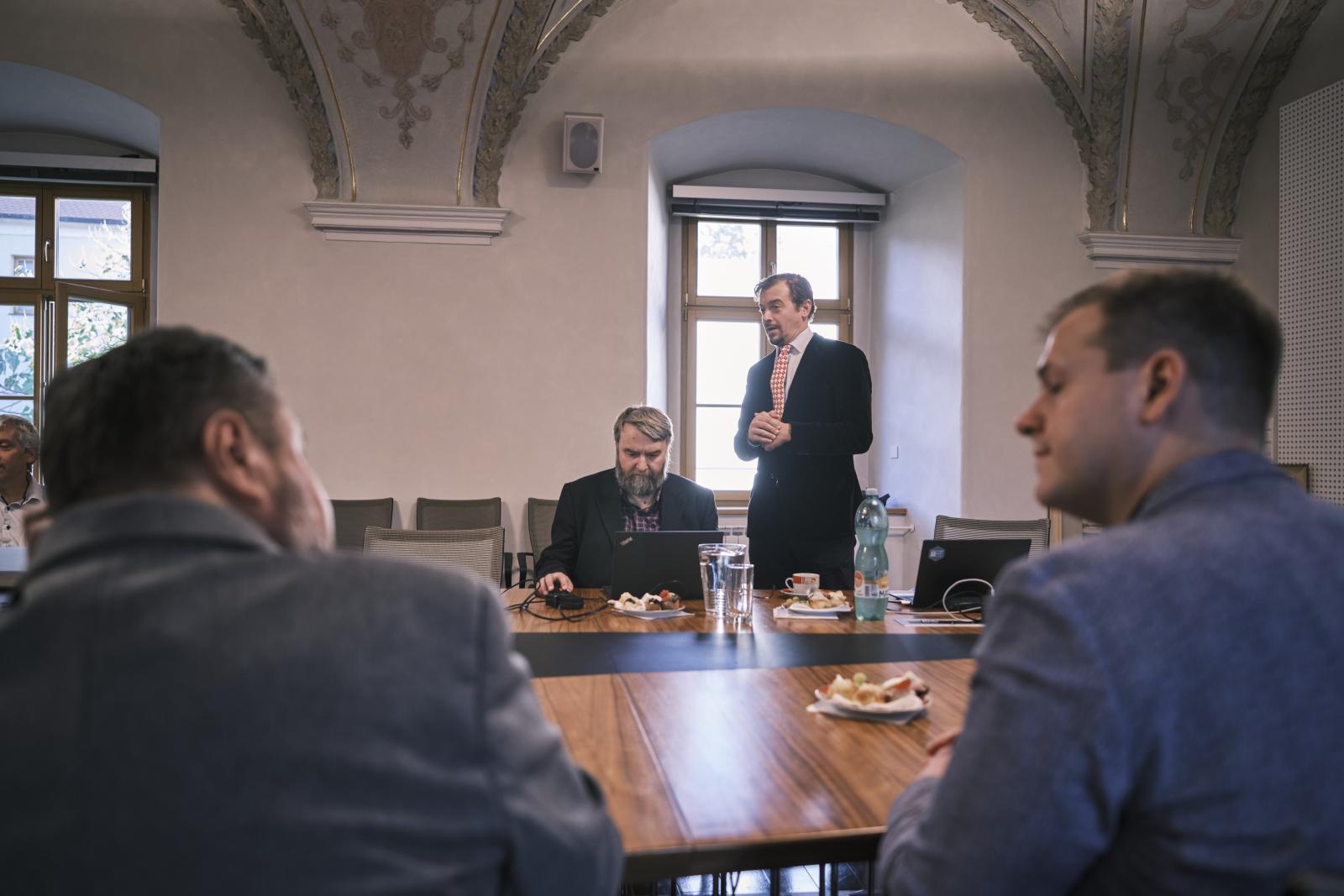
At the very end, the topic of soft skills of IT graduates was opened. Representatives of Škoda Auto, Markéta Jarošová and Leoš Červený, pointed out the increasing complexity of IT fields and the related fact that practice requires professionals with teamwork and leadership skills. And that it is precisely these prerequisites that university education should develop. It was noted that FIT has projects for teams of several members in a number of compulsory courses, where students gain the aforementioned experience. Although they themselves perceive the importance of teamwork, it is still challenging for a significant number of them. Finally, an interesting observation was made that IT fields in the Netherlands include project work as a matter of course. Of course, more topics were discussed. Their number alone proves that the Industry Council and other activities aimed at strengthening contacts between industry and the university environment are definitely important. We would like to thank all participants of Thursday's meeting and look forward to future ones. 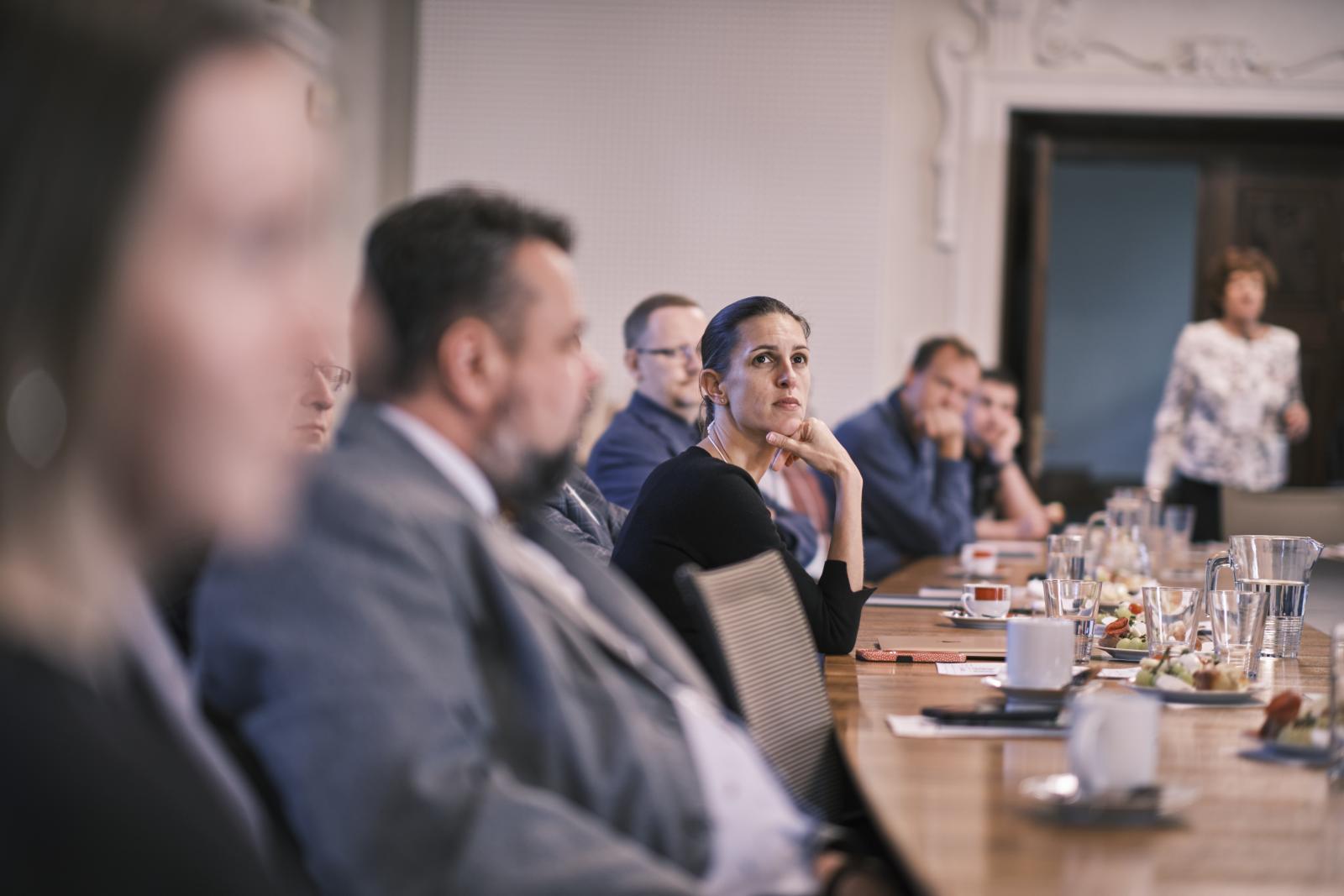
|
![[img]](https://www-dev.fit.vutbr.cz/fit/news-file/d307972/ZijemeIT_FIT_008_1600.jpg)
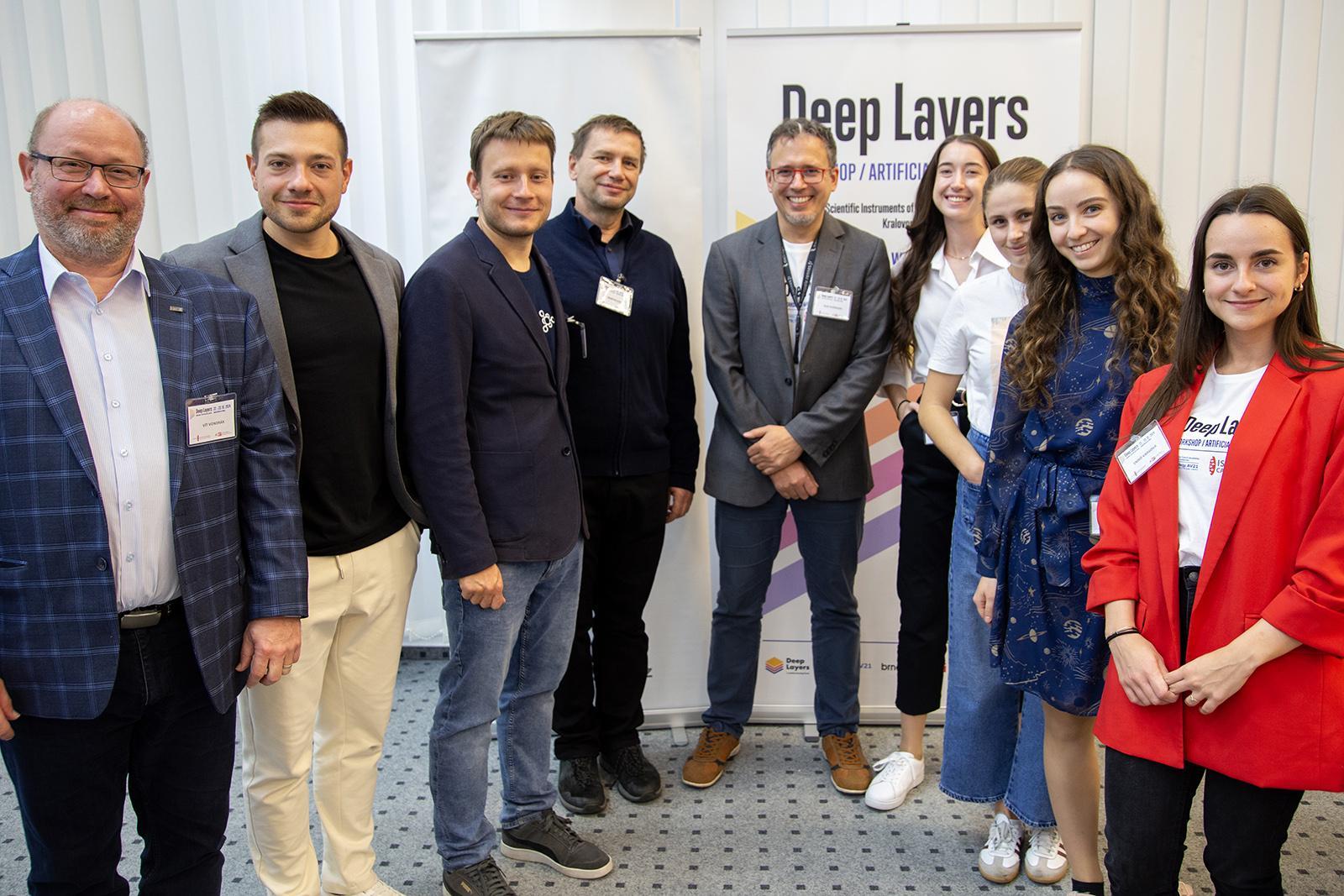
![[img]](https://www-dev.fit.vutbr.cz/fit/news-file/d307468/2_DL2023_Bojar_CVUT_1600.jpg)
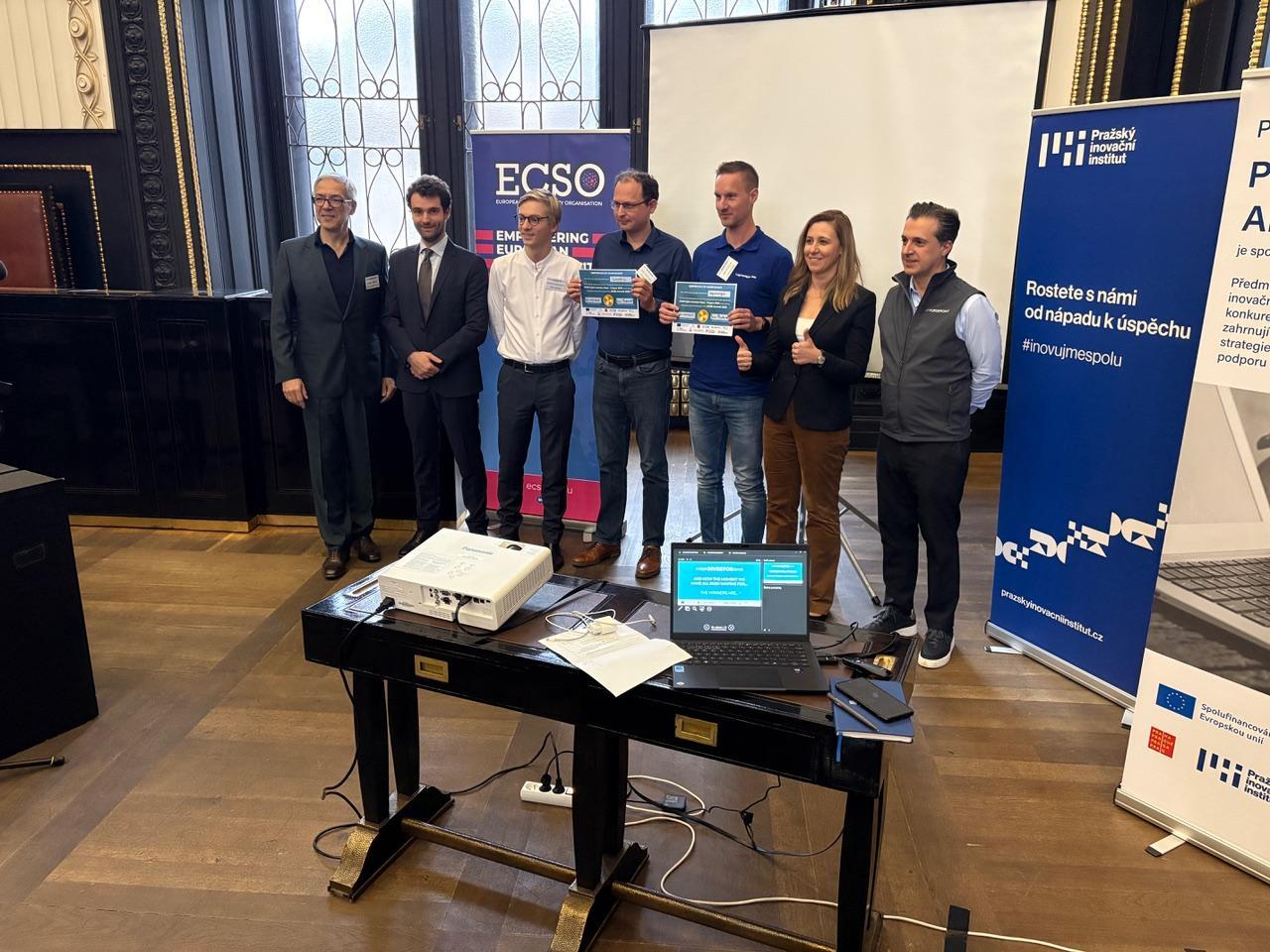
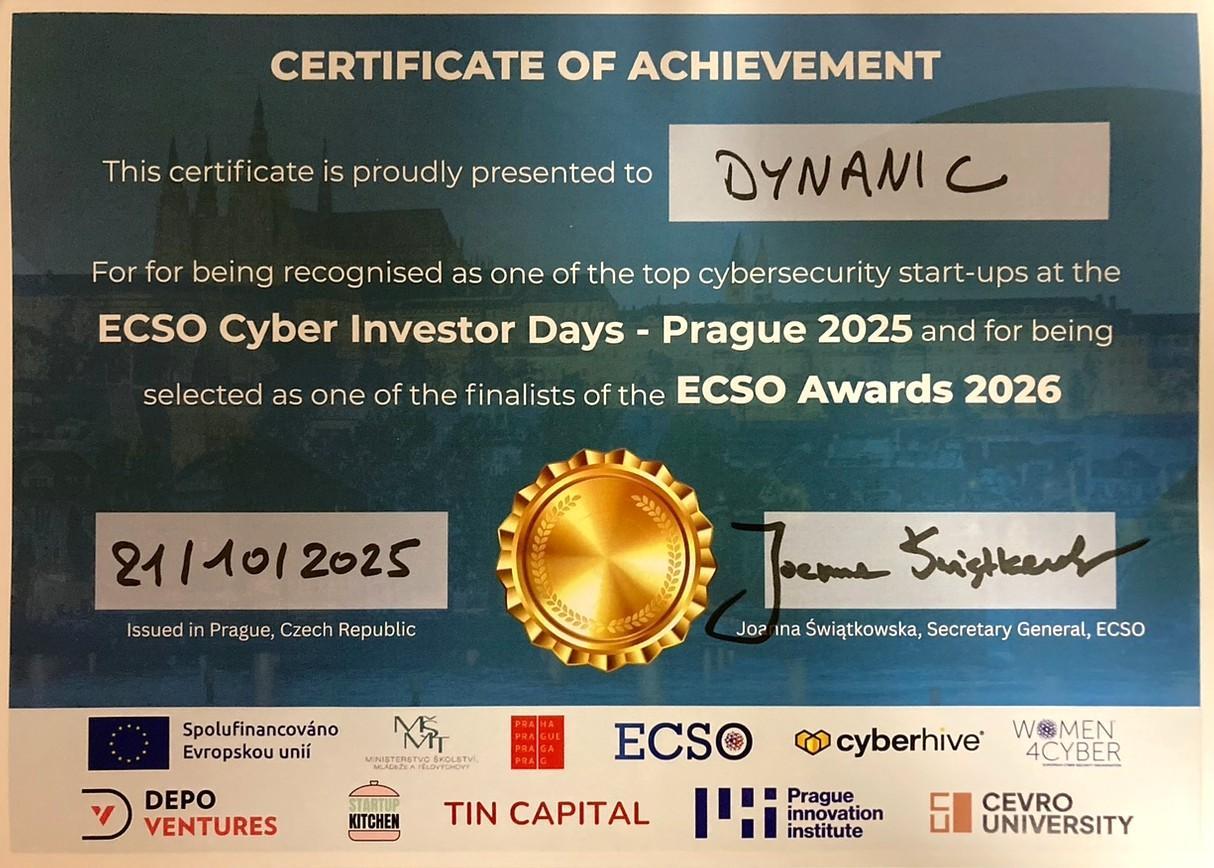
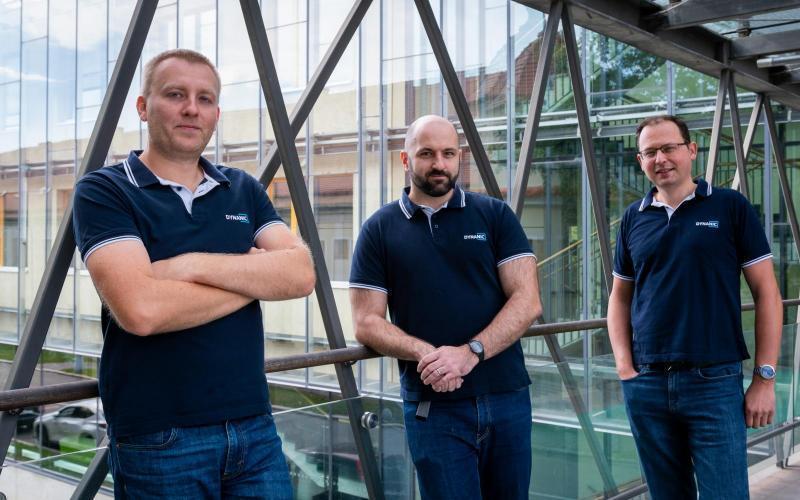
![[img]](https://www-dev.fit.vutbr.cz/fit/news-file/d307241/FBIG_2_1600.png)
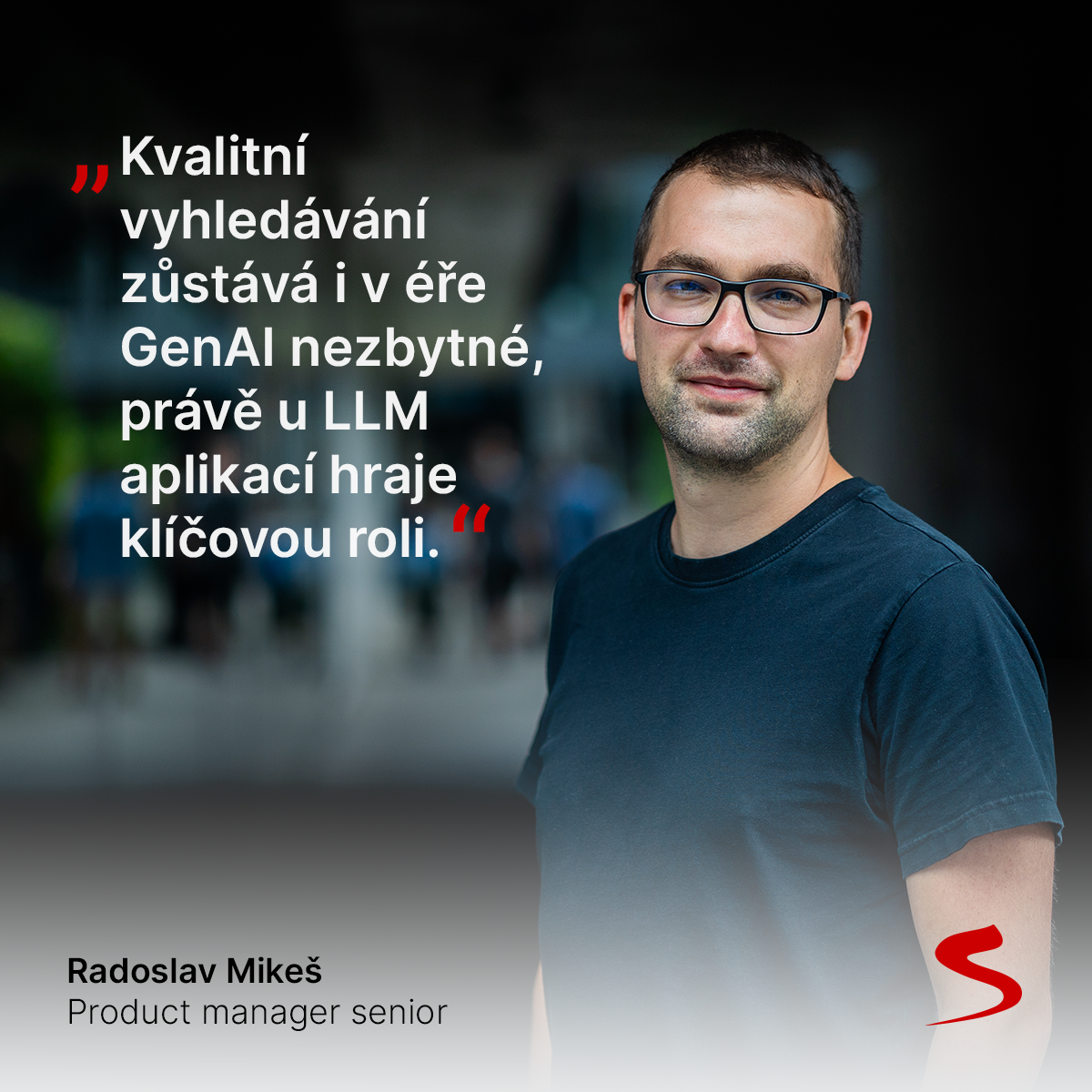
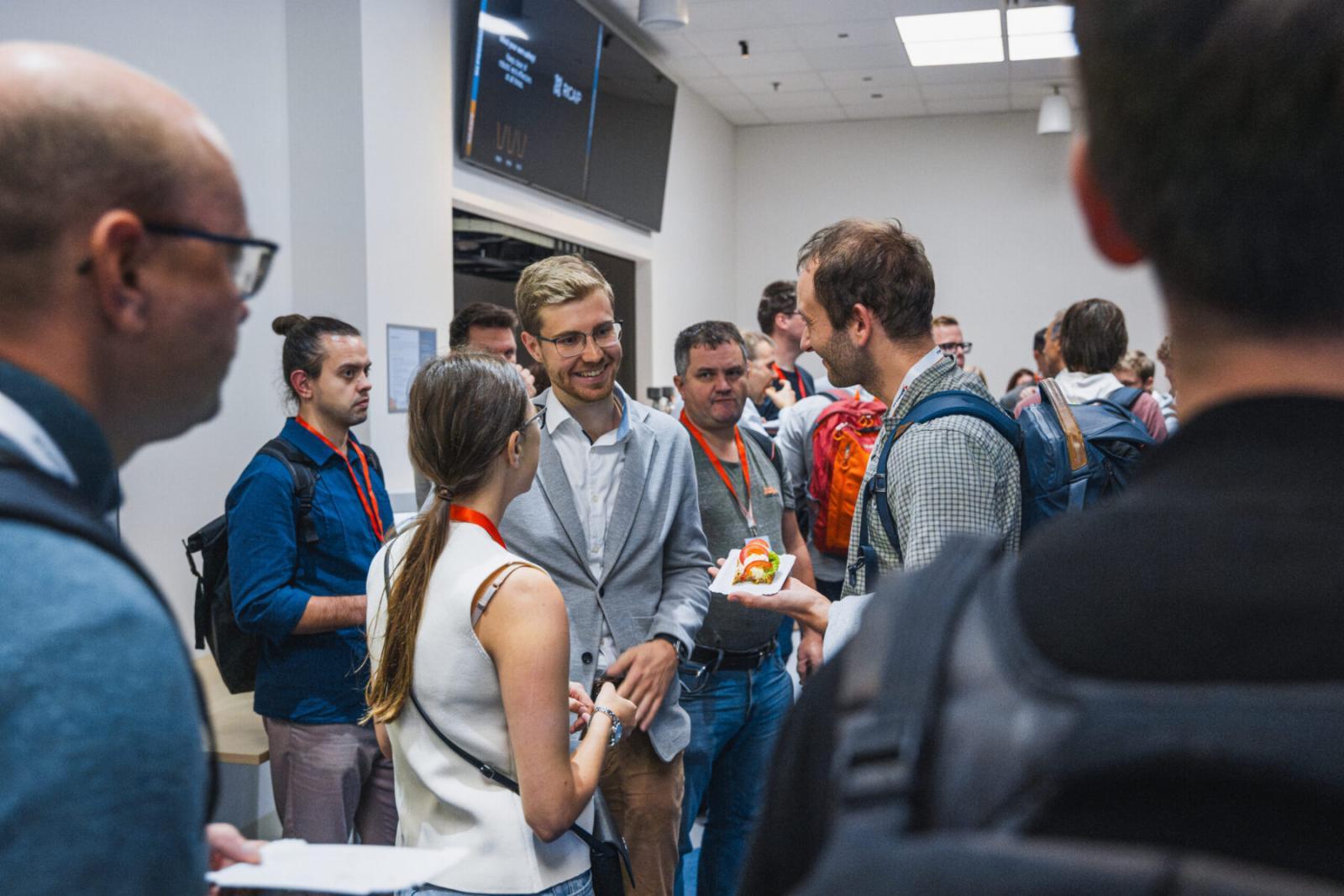
![[img]](https://www-dev.fit.vutbr.cz/fit/news-file/d306903/2510-HR-meetup-LLM-1200x1200_1600.png)
![[img]](https://www-dev.fit.vutbr.cz/fit/news-file/d307196/VUT_CZ_kickoff_1600.png)